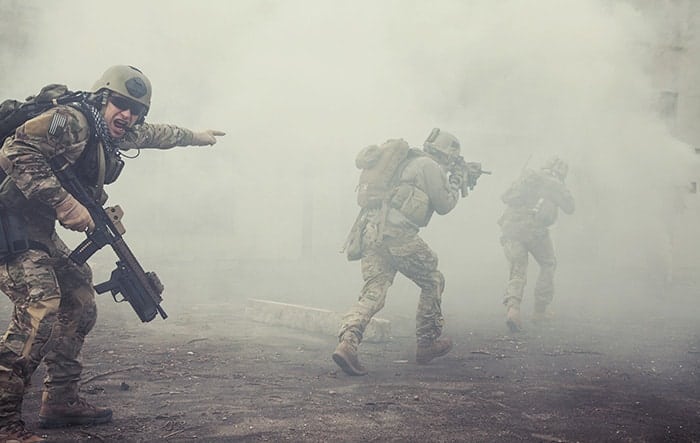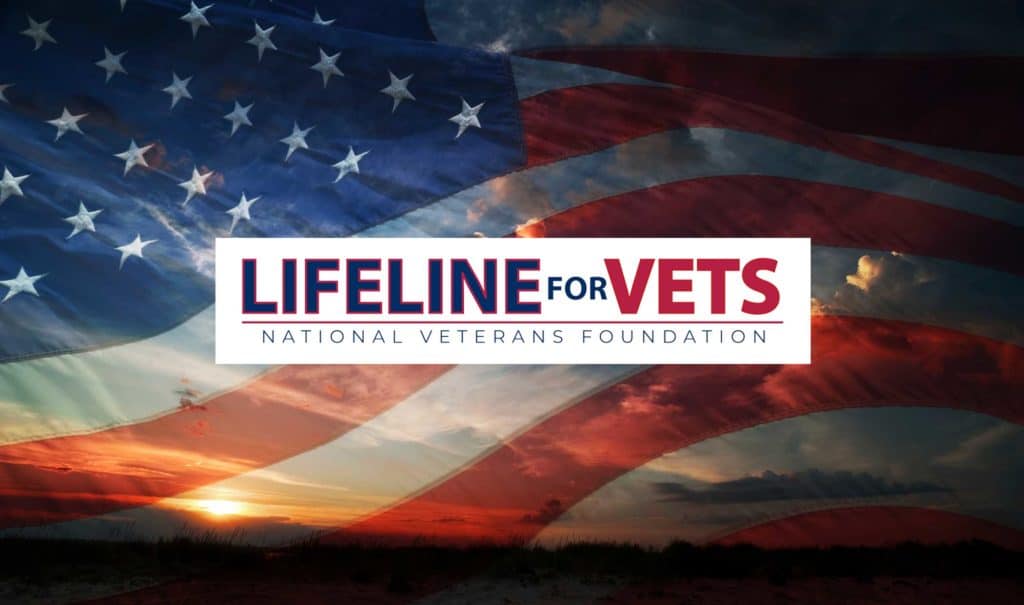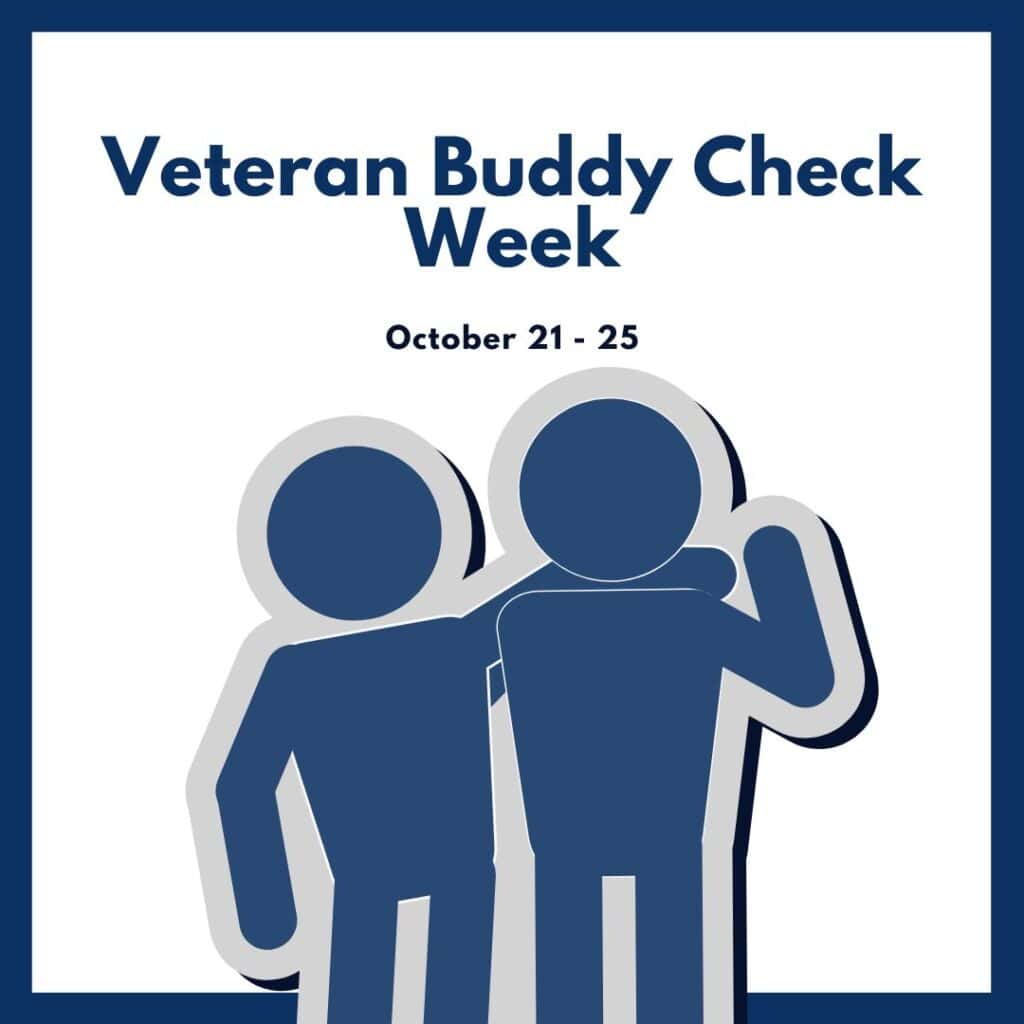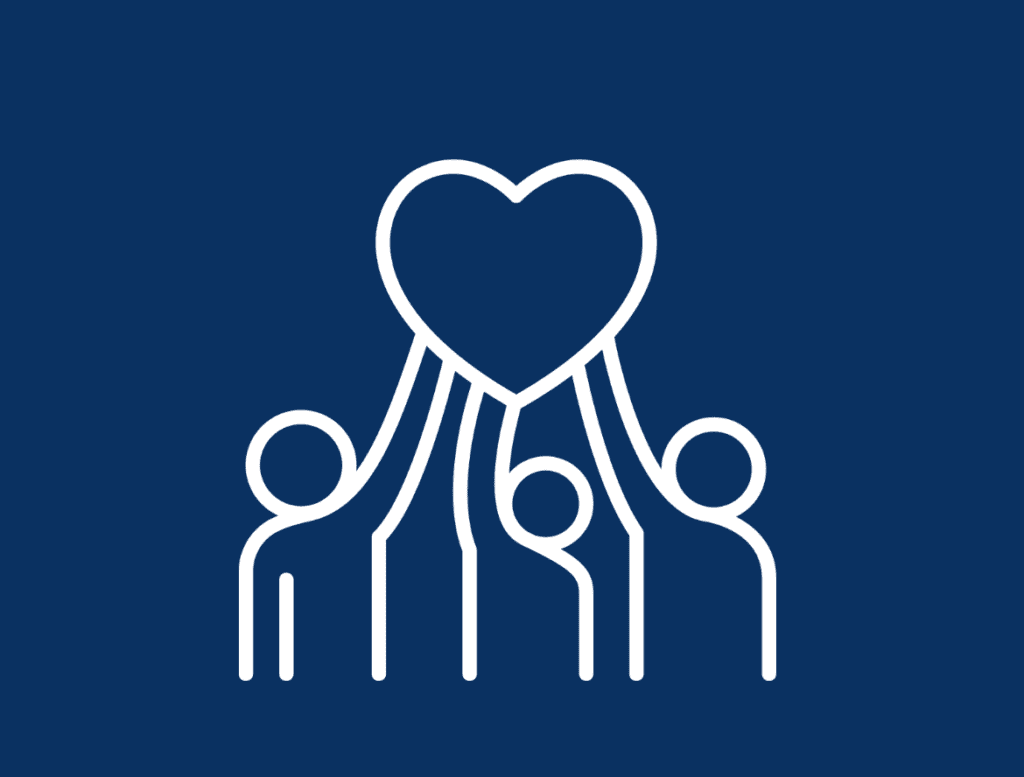Integrating Combat Veterans Back into Civilian Society
There are a number of myths and misconceptions about the problems with integrating combat veterans in civilian society that have a detrimental effect on veteran employment, mental health and re-integration into society. These misconceptions have taken root in popular culture and are repeated to simplify and downplay some of the difficulties that veterans face.

Not all combat veterans suffer from PTSD. Not all PTSD sufferers are potential mass murderers. Yet, the idea that combat veterans are dangerous is rapidly becoming accepted by society at large. This conceit, that returning veterans are more dangerous than the ones they were fighting, is prevalent in media and government but is both false and harmful.
Media attention to combat veterans
The attention paid to PTSD is symptomatic of the problem. PTSD was only recognized and categorized in the 1980s. Prior to that, shell shock and combat fatigue were a couple of the names given to the disorder and the problem was often blamed on the veteran, not on the trauma that he (or she) was going through.
The attention that PTSD has received during recent conflicts has grown, however, the symptoms and problems with PTSD have been simplified for the general public. This has led to the general public believing that combat veterans have more mental health problems than they do. Although these generalizations get pushed back against, misinformation spreads quicker.
Dispelling the myths
The truth is far more difficult to report, of course. There are combat veterans who have mental health issues, just like there are civilians with the same conditions, but the service members who display mental problems are reported on with an attitude of “we told you so.” Although it is certainly unfair to the great percentage of combat veterans who re-integrate into society with few difficulties, it is the onus under which they must exist.
In some ways, the scrutiny that returning combat veterans face is as difficult now as it was during the Vietnam War. The hostility faced by Vietnam Vets was shameful, but it was entrenched with the counter culture movement. The older members of society that those veterans returned to where veterans of World War II and Korea, they were aware of the difficulties of returning veterans.
Veterans today, however, face a hostile media and misinformed public without the support of an older, larger generation of veterans. The end of the draft after Vietnam led to a dramatic drop off of people who were in the military long enough to understand the difficulties faced before returning to civilian life.
We need to do more
Difficulties with mental health are not even the most significant hurdle facing combat veterans returning to civilian life. Problems with unemployment, housing, finances and family issues all challenge military members transitioning from active duty to civilian life. All combat veterans face these problems.
Instead of over-emphasizing the emotional difficulties, we need to be focused on expanding opportunities for combat veterans to return to a productive and satisfying civilian life. Better job opportunities, affordable housing, counseling for the transition to civilian life are necessary for the transition process.
Make a difference in a vet’s life. We are veterans helping veterans.
Sources:
VA.org, Vantage Point, Americans are Viewing Veterans All Wrong, Chris Marvin [https://www.blogs.va.gov/VAntage/16011/americans-are-viewing-veterans-all-wrong/]
VA.org, Vantage Point, The “Dangerous” Veteran: An Inaccurate Media Narrative Takes Hold [https://www.blogs.va.gov/VAntage/6026/the-%E2%80%9Cdangerous%E2%80%9D-veteran-an-inaccurate-media-narrative-takes-hold/]
Brainline.org, Posttraumatic Stress Disorder: A History and a Critique, Nancy C. Andreason [https://www.brainline.org/content/2011/01/posttraumatic-stress-disorder-a-history-and-a-critique_pageall.html]
Stars and Stripes, Warning: Veterans are dangerous, crazy criminals, Leo Shane III [https://www.stripes.com/blogs-archive/the-ruptured-duck/the-ruptured-duck-1.160117/warning-veterans-are-dangerous-crazy-criminals-1.166275#.Wi1DQ7Q-fgE]
Huffington Post, Combat Veterans With PTSD, Anger Issues More Likely To Commit Crimes: New Report, David Wood [https://www.huffingtonpost.com/2012/10/09/veterans-ptsd-crime-report_n_1951338.html]
Washington Post, We aren’t doing enough to help veterans transition to civilian life, Michèle A. Flournoy [https://www.washingtonpost.com/opinions/we-arent-doing-enough-to-help-veterans-transition-to-civilian-life/2014/04/02/d43189e2-b52a-11e3-b899-20667de76985_story.html]
Pew Research Center, The Difficult Transition from Military to Civilian Life, Rich Morin [https://www.pewsocialtrends.org/2011/12/08/the-difficult-transition-from-military-to-civilian-life/]
You can be a part of our mission to help Veterans by making a tax-deductible donation!
About the Author
SUBSCRIBE TO OUR BLOG AND NEWS!
By submitting this form, you are granting: NATIONAL VETERANS FOUNDATION INC permission to email you. You may unsubscribe via the link found at the bottom of every email. (See our Email Privacy Policy for details.)
Related Posts





